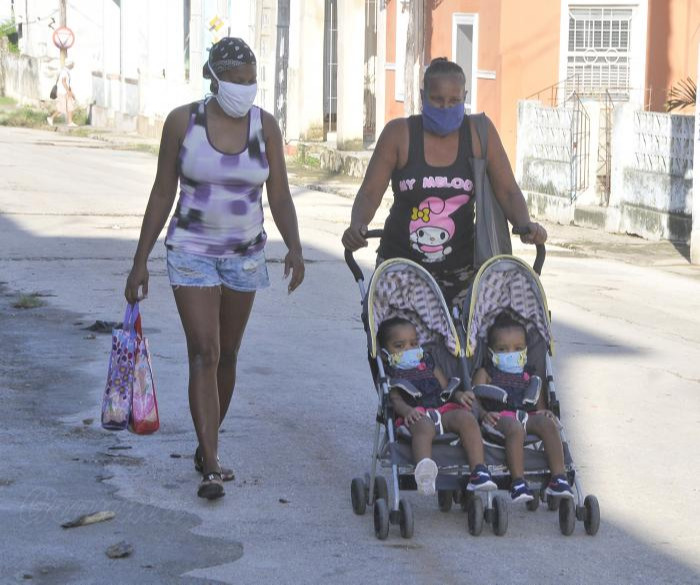
\
Havana, December 16 (RHC)-- Decree-Law No. 56 On Working Women's Maternity and the Responsibility of Families, entered into force after its publication, this December 14, in the Official Gazette No. 145 ordinary.
This decree-law assures and facilitates the working woman the medical attention during pregnancy, pre-and post-natal rest, breastfeeding, and, to both parents, the child's care.
It regulates monetary, economic, and social benefits from pregnancy until the child reaches its first year of life; it protects the father or other relative in charge of the child's care in case of the mother's death.
It establishes that a monetary benefit is granted to the mother or father with sick children, or the grandmother or grandfather in charge of their care, and grants the right to enjoy the social benefit to the grandparents of a minor whose mother is a student, to contribute to guarantee the continuity of studies.
In the case of working mothers in the state sector, among other regulations, the decree-law provides that the amount of the economic benefit, during the period of pre-and post-natal paid maternity leave, is equivalent to the average salary received in the 12 months immediately before the beginning of the prenatal break.
A mother who, by medical prescription, cannot remain in her position because it is considered detrimental to her pregnancy has the right to be transferred to another job, with the guarantee of 100% of the average salary received in the 12 months immediately before the month of her transfer.
For mothers working in the private sector, the collection of economic and social monetary benefits depends on having contributed to the special regime in the 12 months immediately before the date of commencement of maternity leave.
Likewise, the period during which the worker is prevented from exercising her activity because she is receiving maternity benefit, or because she is incapacitated due to illness or accident, among other causes that exempt her from contributing to social security, it is considered as contribution time to obtain the right to the economic benefit.
Among the advantages is that the pregnant worker, who provides a medical certificate stating that she cannot work during pregnancy, is paid 100% of the average contribution base, up to the beginning of the prenatal leave.

